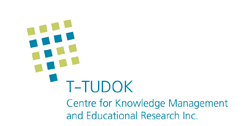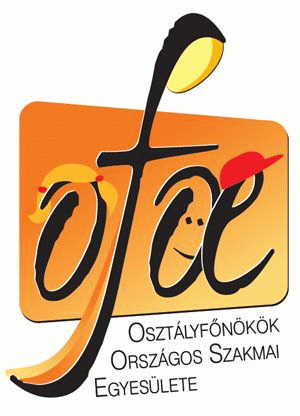Comparative Evaluation of applying the Open Method of Coordination in Austria, Czech Republic, Slovakia and Hungary
In the field of education and training the Open Method of Coordination (OMC) is used as a policy instrument and approach to coordination in the European Union. The OMC was codified at the Lisbon summit of the European Council (2000) and was included in the Lisbon Conclusions (European Council 2000: §38), explicitly identifying it as a form of governance. According to the conclusions the method involves: 1.) Fixing guidelines for the Union combined with specific timetables for achieving the goals which the Member States set in the short, medium and long terms; 2.) Establishing, where appropriate, quantitative and qualitative indicators and benchmarks against the best in the world and tailored to the needs of different Member States and sectors as a means of comparing best practice; 3.) Translating these European guidelines into national and regional policies by setting specific targets and adopting measures, taking into account national and regional differences; 4.) Periodic monitoring, evaluation and peer review organised as mutual learning processes.
Following the general Lisbon ambition, the Council of Ministers for Education agreed in 2001 on three strategic goals for European education and training systems. First to improve the quality and effectiveness of education and training systems in the EU. Second to facilitate the access of all to education and training systems. Third to open up education and training systems to the wider world. These very broad strategic goals for European education and training systems were refined in 13 associated objectives adopted by the Education ministers in 2002. In May 2003, the Education Council selected five benchmarks for the improvement of education and training systems in Europe up to 2010. These European benchmarks are not concrete targets for individual countries to be reached by 2010. They are defined by the Council as “reference levels of European average performance”.
To generalise, the OMC encompasses two aspects: first the coordinated sharing of knowledge and comparisons among Member States and second the non-binding obligation to follow the EU educational policies at a national level. That is to say, the OMC is based on “soft law” (non-binding norms) that lacks a possibility of legal or economic sanctions. However, the normative pressure of the OMC stems from a desire to look good or fear of being embarrassed. As such it is launched as a measure of coordination that is not framed by formal constraints and legal sanctions. Through the OMC process policy decisions at the national level can be better informed as decision-makers learn from the experience of others. This way it is assumed to influence the attention structures in national policy-making processes as well as at the European level.
This evaluation of applying the OMC in the Czech Republic, Slovakia, Slovenia, Hungary, and Austria will focus on exploring the processes of translating the European policies in the field of education and training into particular national and regional education policies by setting specific targets and adopting measures. In other words the aim of the evaluation is to investigate various national structures and procedures of putting into practice on national level the EU education policy objectives, which are defined by particular outputs of the Education, Youth and Culture Council (e.g. in form of conclusions, recommendations, etc.) and especially the EU benchmarks and goals for 2010 in the field of education, by best practices of Member States presented in the work of cluster within the ET2010 work programme, by particular proposals resulting from various expert studies and analysis published by the European Commission or other EU organisations (e.g. Eurydice, Cedefop, etc.). It will also examine various factors that have an impact on the implementation process. The aim of the evaluation analysis is not only to map out the existing situation in the five Member States with regard to the OMC, but also to come up with some particular scenarios and methods of translating the European objectives into national level that are efficient and most appropriate in our specific regional contexts.
The Hungarian side is represented by the Ministry of Education and Culture and Tárki-Tudok Inc.






